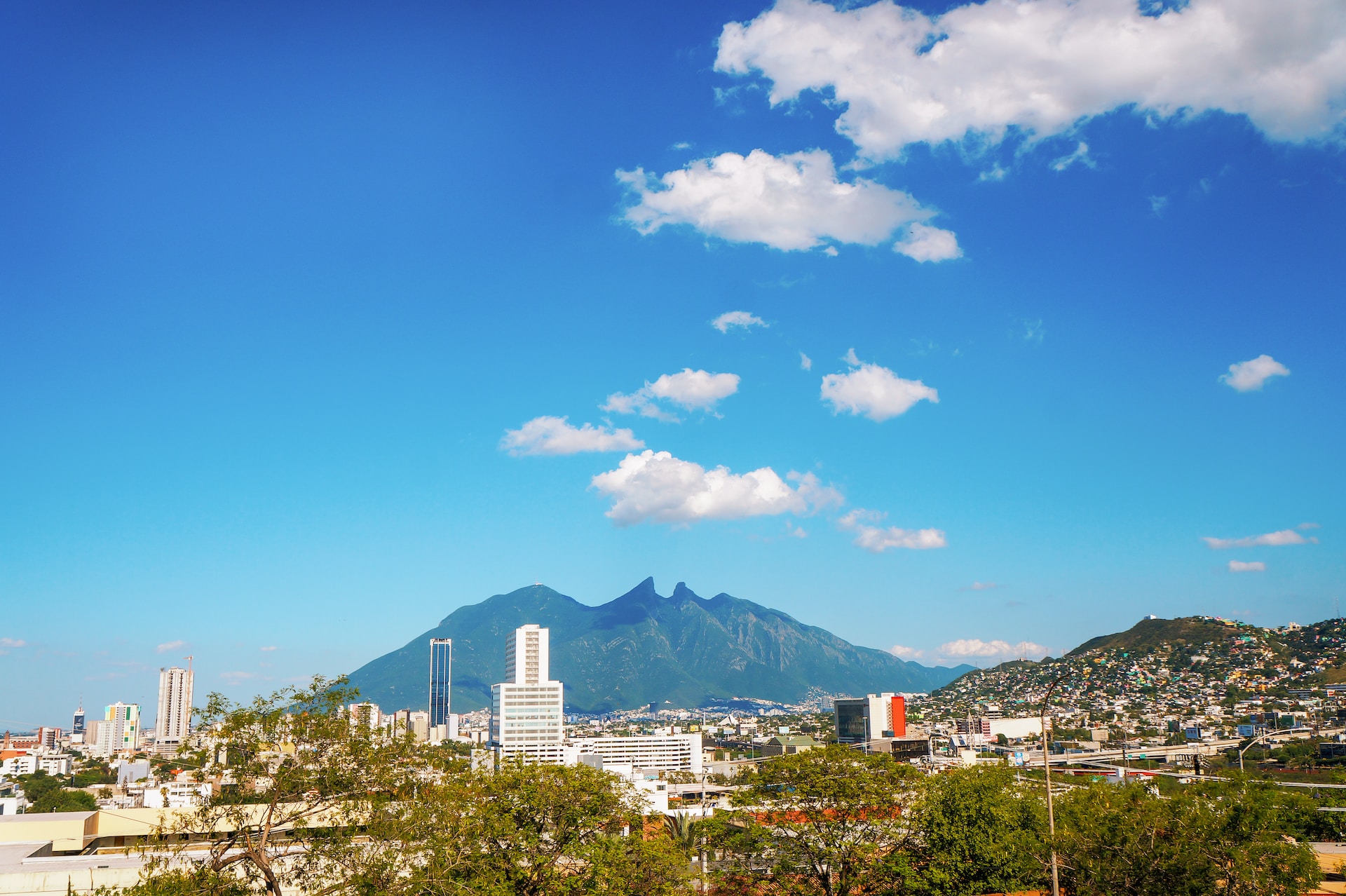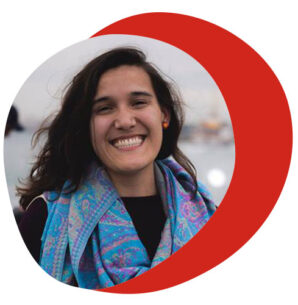The city of Monterrey, Mexico, has a strange kind of beauty. Its majestic mountains are sometimes hidden by the smog and pollution that engulfs the city. Its residents love fútbol but are divided by loyalty to one of the two home teams, Tigres and Rayados. But everybody unites around plates of carnes asadas — barbecued meats.
The Monterrey metropolitan area is home to about 5.3 million people, and entrepreneurship and hard work are strong pillars of the local culture. It is home to prestigious private universities such as Tecnológico de Monterrey and Universidad de Monterrey, as well as public ones including the Universidad Autónoma de Nuevo León.
A number of Mexican multinational companies originated in Monterrey, including FEMSA, the largest convenience store chain in Mexico, and Alfa, a conglomerate of companies producing petrochemicals, aluminum auto parts and refrigerated foods. Monterrey will also be the site of the first Tesla Gigafactory in Mexico, a prime example of the nearshoring trend from the U.S. to Mexico. With the city just a few hours from the U.S. border, many Monterrey residents grew up shopping in Texan malls.
The state where Monterrey is located, Nuevo León, ranks third nationwide for gross domestic product, and is particularly strong in manufacturing and construction. In 2022, Monterrey received $4.4 billion in foreign direct investment, just behind Mexico City. The state’s governor expects 2023 to bring $10 billion in foreign investment.
But Nuevo León, like the rest of Mexico, is home to stark inequality. In 2022, the highest earners made nearly 13 times more than the lowest earners, according to Mexico’s national statistics agency INEGI. Still, Nuevo León is among the states in Mexico with the lowest number of people living in poverty, with an unemployment rate of just 3.1%.
Overall, the city is one of opportunity, with great universities and scores of national and international companies. It is also a city where the quality of life is challenged by air pollution, heavy traffic, a high cost of living and an ongoing water scarcity crisis. But Monterrey’s citizens work hard to find a good balance and build the lives they want to live.
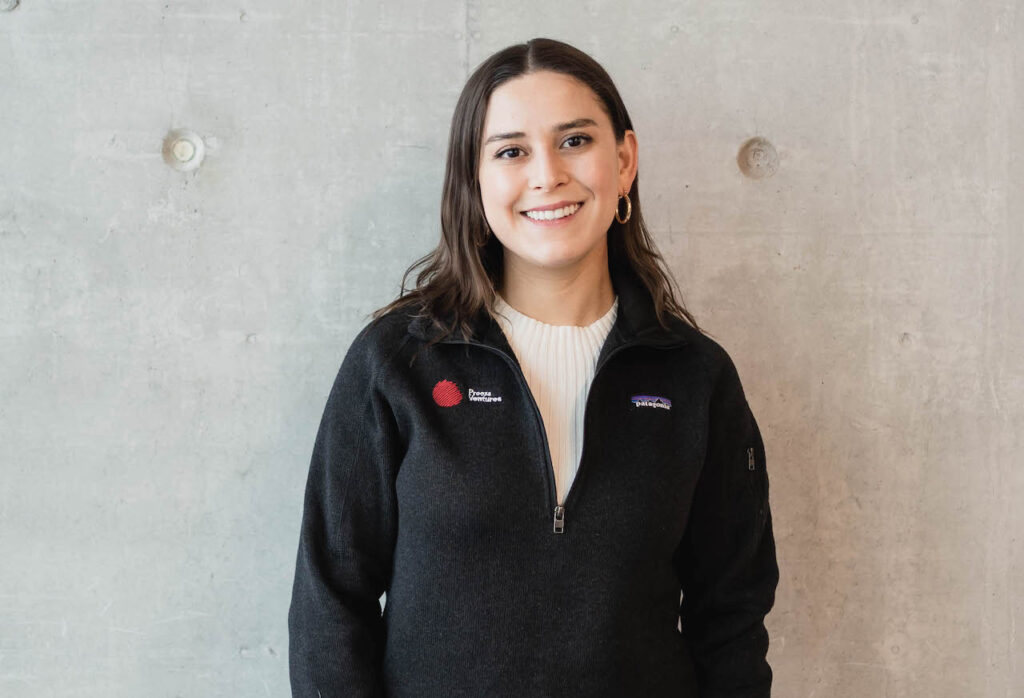
Cecilia González, 26
Associate at a venture capital firm
My first formal job was as a waiter at a taco restaurant when I was 18. My mom is a chef, and I wanted to experience working in that world for a few months. I earned around $460 a month, but I wasn’t there for the money. I did it to learn and grow, and it was one of the hardest, most demanding jobs I have ever had.
I am originally from Chihuahua state and moved to Monterrey for college about six years ago. I studied industrial engineering at Tecnológico de Monterrey, and since I always loved numbers, I went more into the financial side of things from the start. My first job in college was in a construction company as an intern, and I quickly moved up. At first the job was part time, but when a higher-level position opened up, I took the opportunity and began dedicating more of my time to the job and going to school in the evenings. I made that decision because I value learning from experience, and I felt at the time that working was its own kind of schooling.
I then took a job at a consumer packaged goods start-up my last semester at university. This experience set me up for my current job, where I assess funding requests from companies. If I hadn’t gotten my hands dirty doing a bit of everything at the start-up, I wouldn’t know how they operate, and would therefore lack the necessary insight to decide whether to fund these ventures.
Monterrey is a great place for venture capitalists and finance. Someone with my job description can earn up to 50,000 MXN ($2,882) per month, but it really varies based on the firm and other factors. My professional plans for the future are flexible. I want to do an MBA and either continue growing in a company or go off on my own. Regardless of what I do, I want to reach a work-life balance. If it were up to me, I would be a full-on workaholic, but I am learning to strike a balance by also being more flexible with my plans and career.
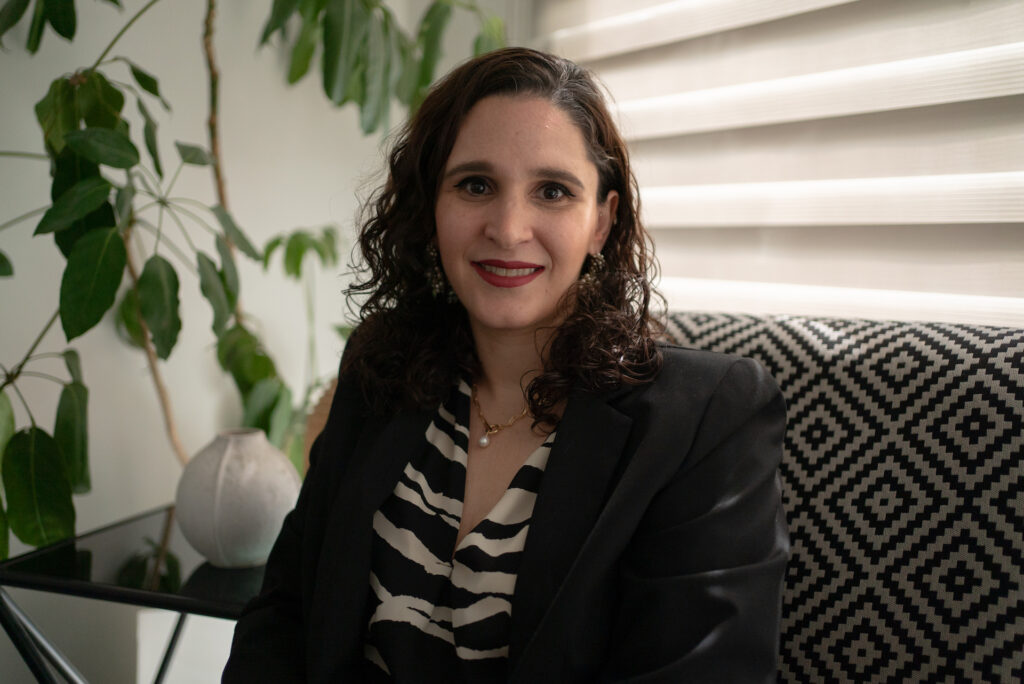
Isabel Vidal, 36
Marketing manager
I began working while still pursuing my degree in international marketing at Tecnológico de Monterrey. I earned around 5,000 MXN ($300) a month in my first internship and have been working my way up ever since. I have 12 years of work experience in marketing, and I feel grateful and proud that I get to work in my field doing something I love. I am currently a marketing manager at an international company, where I have been working for the last seven years.
Someone in my field with a work title similar to mine earns up to 70,000 MXN ($4,000) a month, but it really depends on different factors, like how long you have been working at a given company, your work experience, leadership skills and more. As a mother of two young children and a professional, I balance these two aspects of my life to grow professionally without affecting my family. Employers have the responsibility to offer their employees work-life balance. Every worker deserves it. I like the structure and stability that working for a company gives me, but I recognize I can’t depend on it exclusively. I also have my own enterprises and know that my professional growth can take many shapes and forms, in or outside a company, or with my own one day.
I make an effort to give back in whatever way I can: reviewing CVs, sharing contacts, giving advice, participating in talks and conferences, and making sure I give everyone an equal opportunity when I am in a position to hire someone. I am aware of my privilege and recognize that my trajectory is somewhat atypical in Mexico, but I do think that it is possible to dream big and get there.
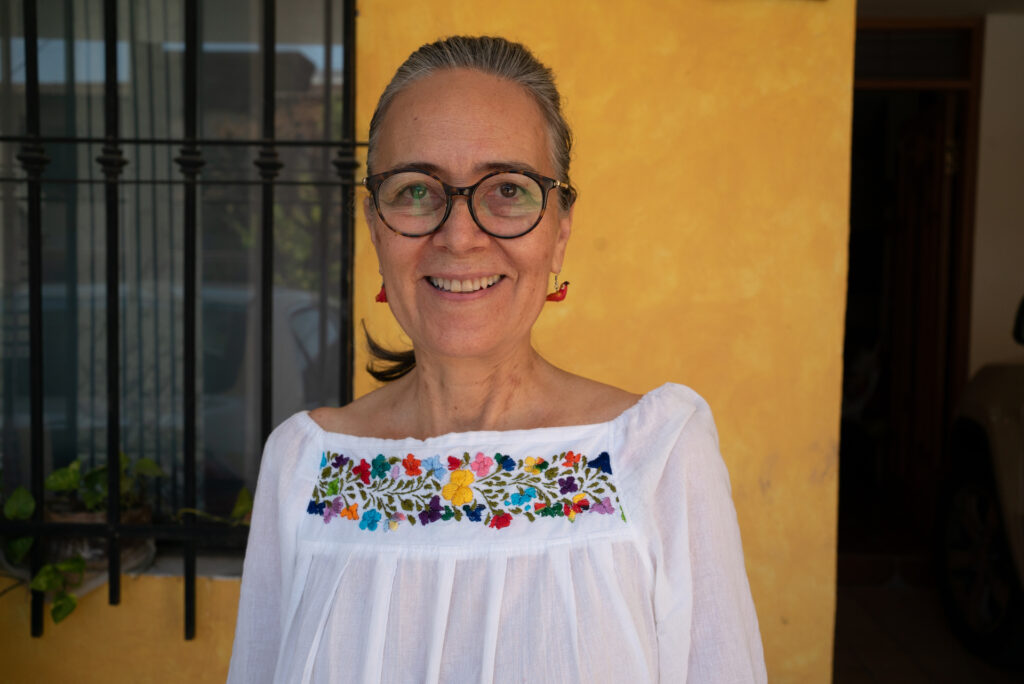
Saida Guadalupe Sánchez, 61
High school teacher
I have been teaching math and physics at a high school in Monterrey since 2000. I wanted to become a physicist and mathematician, but my father suggested I try something more practical, so I chose the closest thing I could find. I studied mechanical-electrical engineering at Anáhuac University in Mexico City and began working in the field when I was still 18 years old and going to school. I earned the minimum wage, but that allowed me to pay for my tuition.
I moved to Monterrey with my family in 1997 for my husband’s work, and in search of a better life for our children. I switched fields and went into teaching so I could take care of my two kids. Teaching was hard at first, since I had to learn how to do it and become reacquainted with the material. I was used to working in the field, in industrial plants, maintaining heavy equipment. I would have liked to stay in the industry. One of my jobs at an American multinational consumer goods corporation felt like a hobby — that’s how much I liked it.
Teaching is not a profession that is valued in Mexico. It is not very well paid, and it doesn’t recognize the amount of work that goes on outside the classroom. Teachers at my high school earn between 200 and 350 MXN ($12 and $21) per hour and are allowed to work about 25 hours per week. Many teachers have two jobs to make ends meet. I supplement my income with tutoring and other teaching projects.
I like teaching; it’s very rewarding for me. I love instilling an interest in math and physics in my students. I wouldn’t like to retire, because I don’t want to be left with nothing to do. I would like to keep teaching or go back to the industry as an engineer.
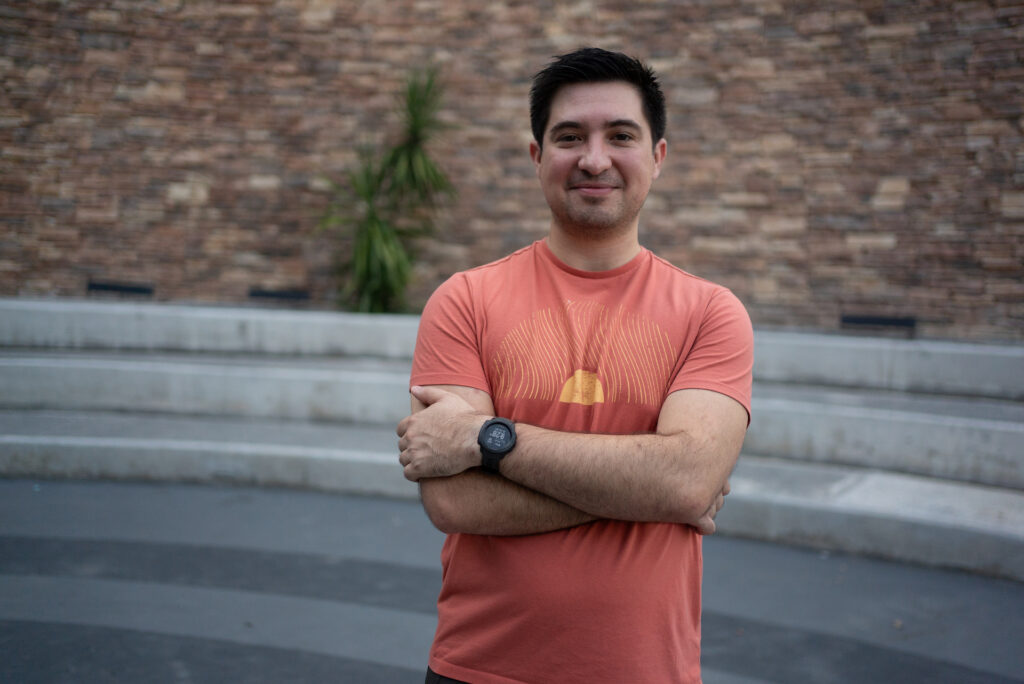
Ricardo Cantú, 27
Mechanical engineer and project manager
I graduated from Universidad de Monterrey with a degree in mechanical engineering two years ago. I work as a project manager at an international retail company, but I’ve always had an entrepreneurial spirit. I launched my first business when I was still in high school. I see opportunity everywhere I go. Rather than coming up with a new idea, I look at what can be improved. I sold artisanal soap that I learned how to make myself. My house looked like a lab from “Breaking Bad” with all the chemicals to make the soaps. I then launched a business that sold vertical gardens, which lasted about four years, and finally a business which made healthier versions of ketchup for a few years. Being an entrepreneur is not easy, but I would rather make mistakes because I know I will eventually get it right.
At the moment, I am betting on my work at a company for the stability and structure that it offers. But my long-term goal is to become an executive at a big company and also run a couple of start-ups. I am about to finish my MBA, and I am hoping to use that knowledge to innovate within the company I work for as a kind of intrapreneur, meaning I get to design a new product. An engineer in my field with my work experience earns about 40,000 MXN ($2,369) a month. Living in Monterrey can be very expensive, particularly if you want to maintain a specific lifestyle. It is a good place to work because it has great universities and big international companies. You can either work for them or sell to them.
We are also very close to the United States, and that’s a plus. The manufacturing sector is really strong, but there’s room to create new business, whether in the auto industry or making and selling sandwiches. Making money is something that is on my mind: how to earn more and do so sustainably. It’s a daily stress, but it’s not a bad kind of stress. I would be more concerned if it weren’t on my mind.
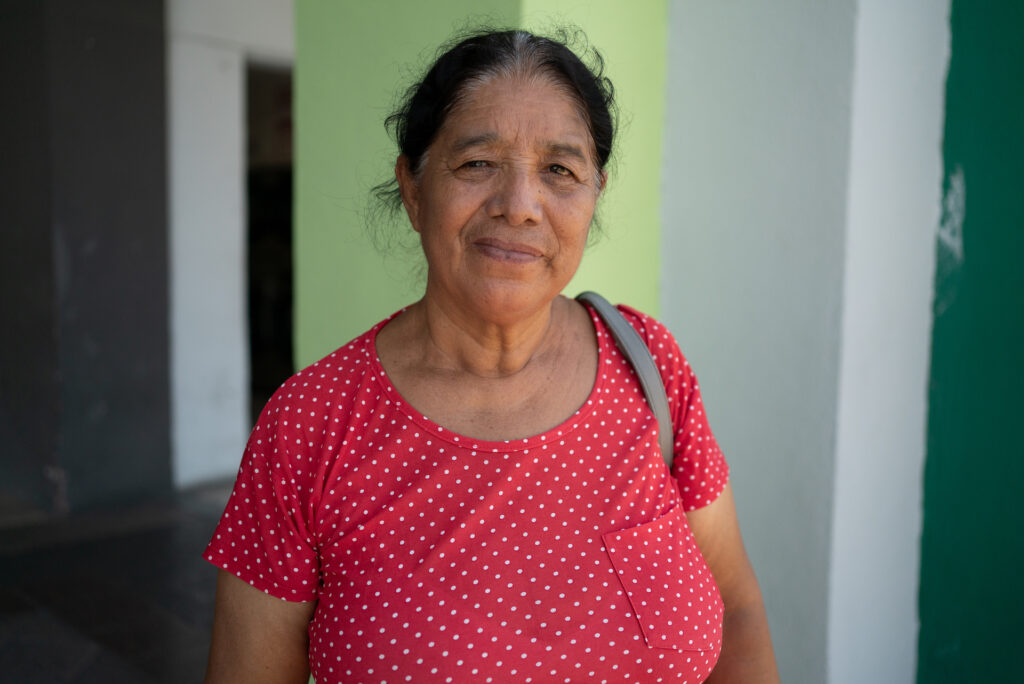
María Rocha, 60
Cleaner
I am from a rural town in San Luis Potosí, a state in Central Mexico. My dad was a miner, and my mom worked in the fields. I have been working since I can remember. As a child, I worked on my family’s plot of land growing corn, which we used to feed ourselves.
I had my first paid job when I was 22 years old, taking care of a little girl who lived in a town near mine. I earned around $15 a week, which was barely enough for me to get by. A few years later, I had my three children and stayed home to take care of them for six years. Around 1994, I moved to Monterrey. I was a single mom and had to provide for my children, so I sold chips and snacks in local markets until I found my first house-cleaning job a few months later. I used to bring my three small children to work since I had no one to take care of them. I later had to send them back to live with my parents for a few years. When they came back to Monterrey, my oldest was in fourth grade and my dad moved here to help me out with the kids while I worked long hours.
I have been working in the same place for the last 28 years. I now earn about 10,000 MXN ($600) a month and get paid in cash. My salary has allowed me to raise my three children and give them a better life. I have also been able to build my own house. Now that my children are grown, I am self-sufficient. I pay my own bills, groceries, and try to save up. I have a big family here in Monterrey who is very close. I enjoy my family events — dinners, parties and gatherings — the most. There’s always a lot of food to go around.
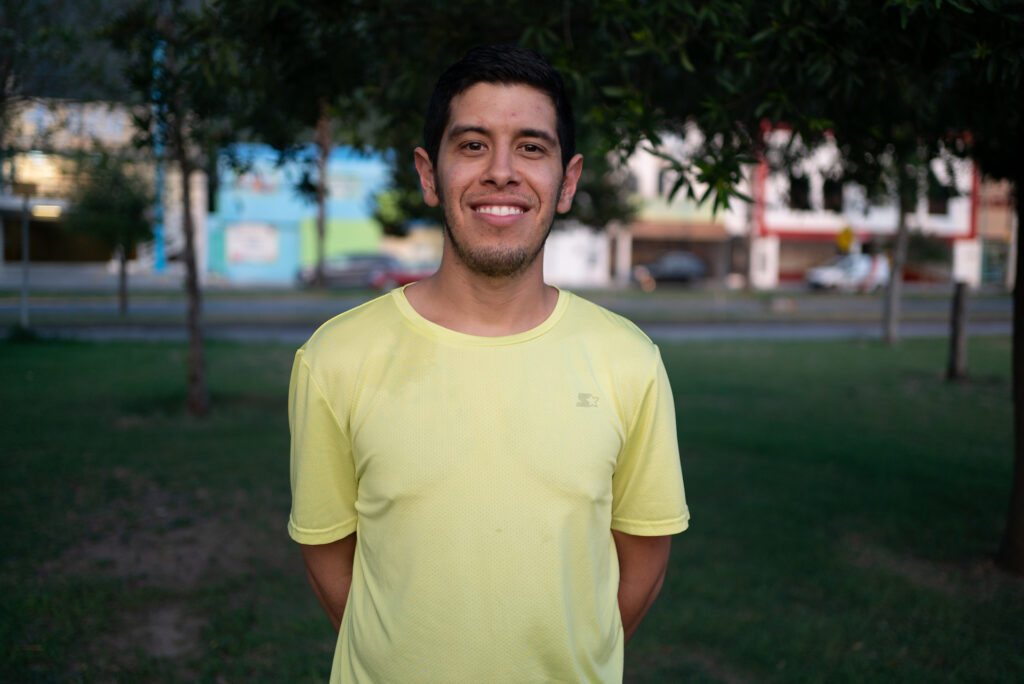
Raymundo Rodríguez, 32
Chef and salesperson
I remember buying these really cool red Nike sneakers with my first paycheck when I was 14 years old. I packed grocery bags at a supermarket and then went on to sell desserts in a local flea market. I liked working because it gave me autonomy. I have been back in Monterrey for about three years after almost a decade abroad. That journey began in 2010, when halfway through completing a dentistry degree, I decided it was not for me. I found work as a waiter at a restaurant and was fascinated by the kitchen. I saw what cooks did and loved the rush and the atmosphere.
I knew a kitchen job was for me when I realized people have to eat everywhere, so that meant I could work anywhere and travel. I moved to Austin, Texas, for six months and worked in fast-food restaurants. When I returned to Monterrey, I signed up for culinary school. Then I worked at one of the world’s best restaurants as an intern, then moved to San Miguel de Allende for a year before returning to Austin for about six years, where I eventually made my way up to sous chef. In my many years in the kitchen, I earned about 1,200 MXN ($70) a week for about nine or 10 hours of work a day, six days a week. Wages have doubled since then, but it’s still not enough for the amount of work you are doing.
The next step would have been to start my own restaurant, but then my life changed. Now I am back in Monterrey, working as a seller and administrator at my family-owned hardware store, making 2,500 to 3,000 MXN per week ($150 to $178). I’ve had to learn how to grow the business and expand its reach by advertising it on social media. I would like to eventually start my own business and branch out, possibly in real estate.
I know work is important because without it, you can’t live, but I know there will always be work. Money will come and money will go. I am more focused on reaching my personal goals and growing as a person.
Read more
Sign up to keep up to date with ReThink Q.
